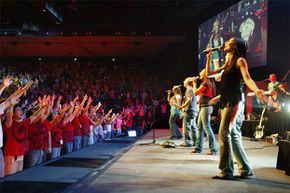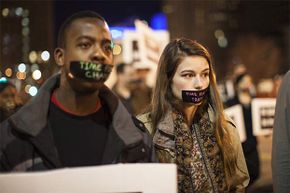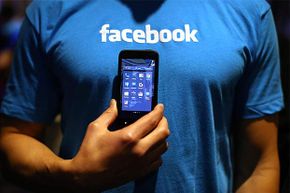For decades, everything in America seemed to revolve around the baby boomers. Born in the post-World War II era of 1946 to 1964, and 76 million strong, they influenced everything from politics and economics to art and pop culture. That's a lot of people – one-fourth of the U.S. population, to be exact. But a much larger generation has now eclipsed the baby boomers – the millennials [sources: Fry, Pollard and Scommegna].
Depending on which source you use, millennials, aka Generation Y, are defined as those who were born between 1981 and 1997, or even 1980 and 2004 [sources: Fry, White House]. Using the latter definition, they represented one-third of the total U.S. population in 2013 and are poised to leave as big an imprint on America's economy and society as the boomers have. Millennials are a distinctive generation in many ways. Thanks to an uptick in immigration, they're the most diverse generation to date, with 42 percent identifying as a race or ethnicity that's not non-Hispanic white. They're also the most educated, with 61 percent having attended college versus 46 percent of boomers (and there are still millennials of high-school age). Millennials are also the first American generation to be plugged into the Internet from an early age [source: White House].
Advertisement
Exactly how this generation will influence America and the world remains to be seen. But the rest of us have already started labeling them, ascribing various characteristics to these millions of young folks that may or may not be accurate. Here are some of the things we're currently saying about millennials that aren't necessarily true.










